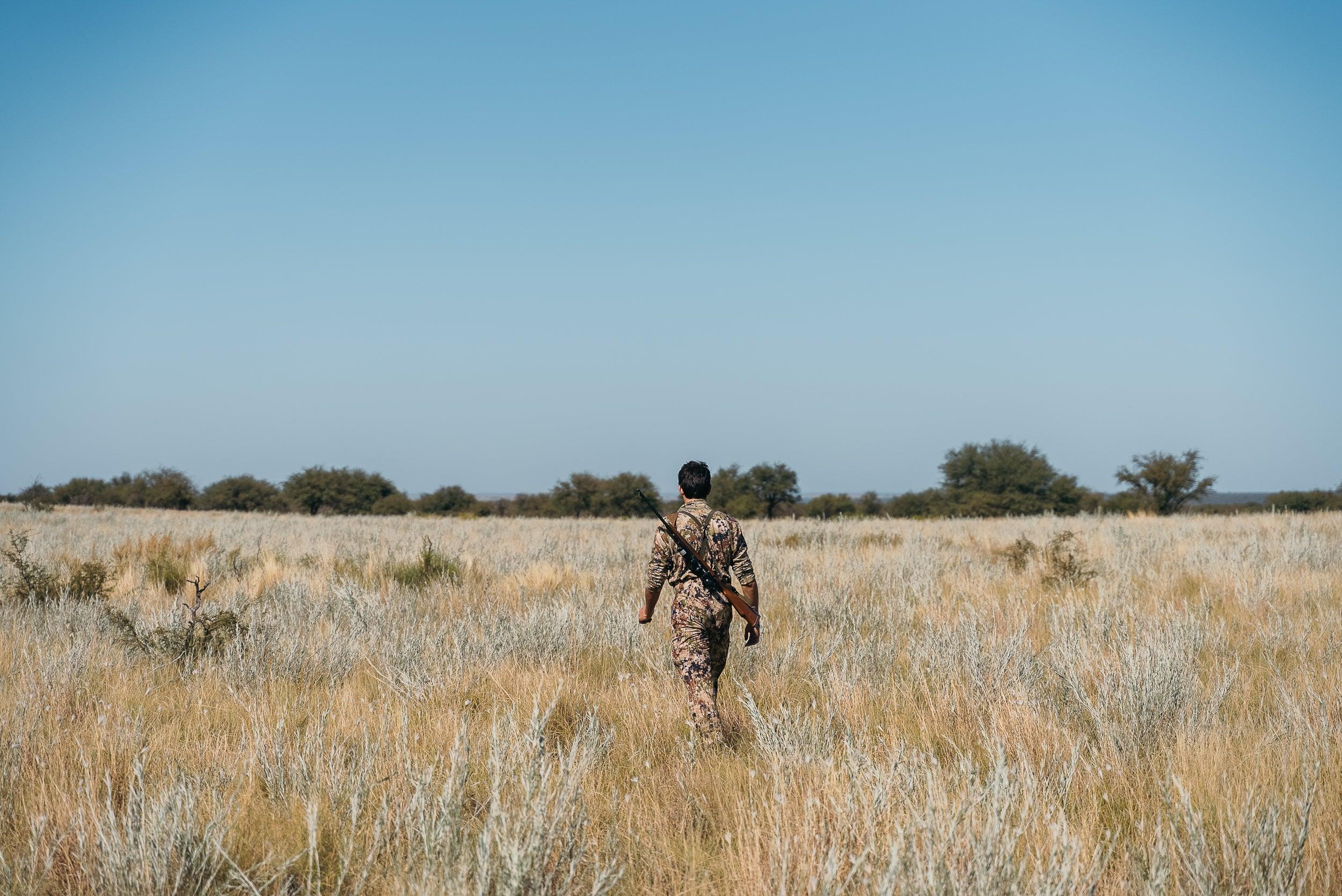Sustainable Hunting: Protecting Biodiversity and Promoting Environmental Responsibility

Sustainable hunting is much more than a traditional activity; It is a commitment to the preservation of biodiversity and the protection of the natural environment. In this article, we will explore in detail why we talk about sustainable hunting and how its practice contributes to the environmental conversation.
What is sustainable hunting?
To understand sustainable hunting, we will start by defining it. Sustainable hunting can be defined as the continuous and renewable use of game species, ensuring that this use does not cause harm to the resource or its environment. Sustainable hunting involves maintaining the potential of biodiversity to meet present and future needs, while preserving hunting as a socially, economically and culturally accepted activity.

However, this type of hunting goes beyond simply preventing the extinction of game populations. It is about maintaining healthy, wild populations, conserving genetic diversity, and ensuring that these populations remain within the ecosystem's capacity to support them. In order to preserve sustainable hunting, it is necessary to avoid any process of artificialization and harmful changes in natural habitats.
- For hunting to be truly sustainable, two essential conditions must be met: Hunting populations must remain viable over time, avoiding overexploitation.
- Game populations must be maintained naturally, without negative alterations to their natural parameters or habitats.
When is hunting unsustainable?
The unsustainability of hunting manifests itself when any hunting or management activity has negative effects on the populations of game species, non-game species or habitats. These negative effects indicate a lack of sustainability and can vary in intensity, with more severe effects suggesting greater unsustainability.
Any action that negatively affects the three fundamental bases of sustainable hunting (game species, non-game species or habitat) is considered unsustainable.
When is hunting sustainable?
Sustainable hunting is achieved when no hunting or management action negatively affects the populations of game species, non-game populations or the habitat as a whole. This means that there is no negative impact on any of the three Fundamental Principles of Sustainable Hunting.
Sustainable hunting is identified through the absence of negative effects on populations and the environment, guaranteeing that no hunting or management action threatens the conservation of species and their habitats.

In short, sustainable hunting is an essential practice that combines tradition with environmental responsibility. By understanding its importance and applying its principles, we can ensure a balance between traditional hunting and the conservation of our natural environment. Sustainable hunting is an integral part of our commitment to biodiversity and the preservation of the natural world.
At Young Wild Hunters shop we support the conversation of hunting and sustainable hunting. We invite you to discover all our exclusive products that we have in the store, to enjoy this hunting season to the fullest.
Good hunting and see you in the field!
